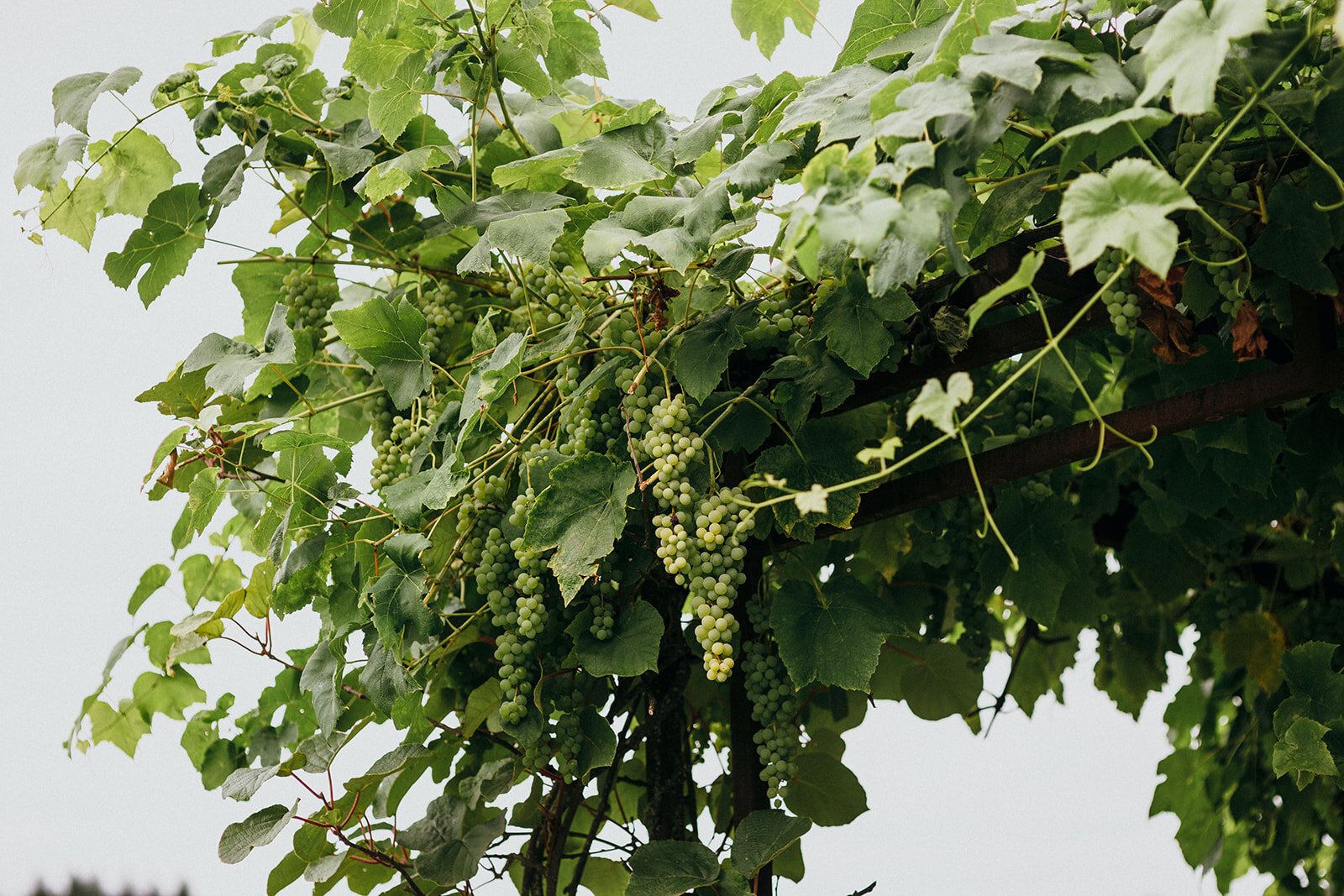
Our Vineyards

Our family has been farming the American West for five generations and Beacon Hill Winery and Vineyard is the culmination of over 30 years of cultivating wine grapes in Oregon.
Over the years,
our family has developed several unique sites in the Willamette Valley including our La Colina and La Sierra Alta Vineyards in the Dundee Hills AVA and our Beacon Hill Vineyard in the Yamhill-Carlton AVA. We are in the fortunate position to be able to showcase vintages from all Estate sites of the Willamette Valley.
Our initial venture…
into Oregon wine growing was with the purchase of Chehalem Mountain Vineyard which was established by Oregon wine pioneer Dick Erath in 1969. It was Dick’s first property in Oregon. After almost 30 years of ownership, Chehalem Mountain Vineyard was sold to Judy Jordan, founder of Sonoma-based J Vineyards and Winery. We are blessed to have been an integral part of such a historic vineyard.
Soon after, we set our sights on the sought-after Dundee Hills, where La Colina Vineyard is located. Our family established the original plantings in 1999 and focused exclusively on Pinot Noir, now totaling 132 acres on its deep Jory soils. La Colina and the most recent planting of La Sierra Vineyard, consistently deliver phenomenal wines and continue to be marquee vineyards in our portfolio. In addition, we are honored to be a source of fruit for premiere winemakers in the valley.
Lastly,
in 2011 Beacon Hill Winery & Vineyard was added to the portfolio. With its low elevation located in the Yamhill-Carlton AVA, we are able to highlight its marine sedimentary soils which are a nice complement to our Pinot-centric sites. All of our white wine offerings come from this site, producing outstanding Riesling, Chardonnay and Albarino.
Our family’s heritage and love of farming inspires us to do our very best to enhance and highlight the best characteristics of each unique season. At Beacon Hill we are committed to being responsible farmers for our customers and stewards of the land for the next generation.
LIVE takes a whole-farm and whole-winery approach to sustainability. The entire property, including non-grape crops, landscaping, building operations, labor practices, even packaging must be managed to LIVE standards. To achieve this certification, a set of science-based standards and procedures are applied that ensure both wine grape farming (viticulture) and wine making production (enology) are as sustainable and have as minimal an environmental impact as possible. Each year, LIVE members complete a checklist of practices and a set of reporting documents. This annual process enables our third-party inspectors to verify that sustainability goals are being met. This also means that no harsh high-hazard pesticides are being used that could affect the water or the salmon.




